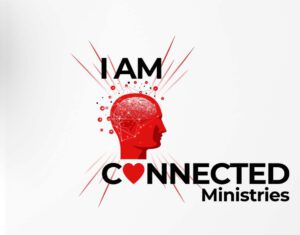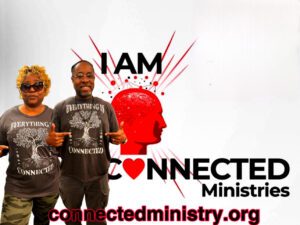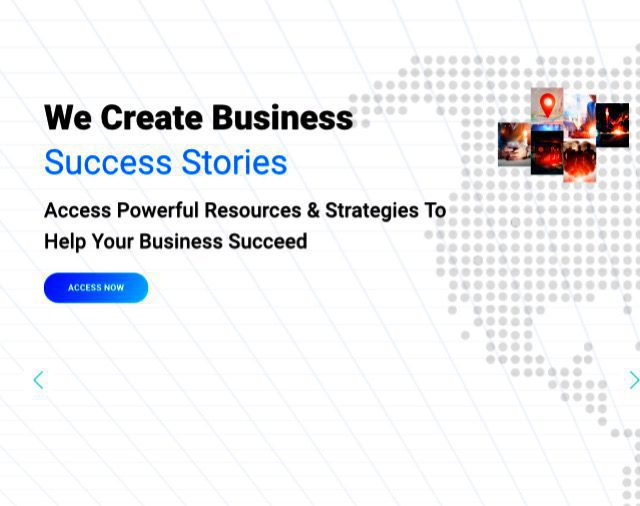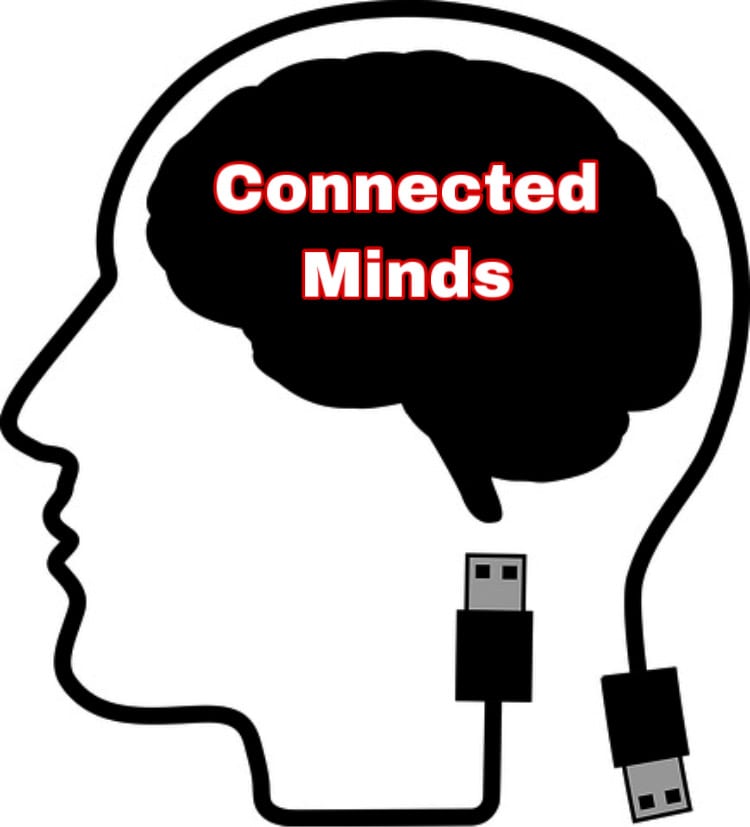Do you fancy yourself as someone who should continue god over millions of ad dollars by which media firms live and live?
If so, you might be in luck.
AdBlock Plus, the world's most well known ad blocker, really listed the first members to the independent card it's tasked with ending which ads are allowed to pass through its filter for free.
The controversial planned has been a flashpoint in the ongoing engagement between ad blockers and the digital media and advertising industries.
Most of the committee's 11 benches are to be completed by industry professional staff and consumer campaigners, some of whom work on business that honestly revile AdBlock Plus.
But one yet-to-be-filled slit is designated for an “ordinary user, ” whom the company will recruit via social media starting Wednesday.
The company asserts the appointment of a voluntary representative of the web's unwashed plenties will be an “industry firstly, ” which is believable considering this sort of planned doesn't have much precedent.
“[ It] will represent the first time that an actual used will have an equal its participation in a decision-making process with push ecosystem professionals, ” AdBlock Plus spokesman Ben Williams wrote in the advertisement Wednesday.
The committee will encounter at least twice a year to review and change the rules governing which ads are whitelisted. The representatives are intentionally divided between two likely defending schisms those propagandizing business stakes and those putting up for customers.
Eyeo, the blocker's German mother corporation, has been trying to staff this board for nearly a year and a half.
Given the hostility between it and the industries from which it is recruiting, it's been a fraught process, been characterised by a series of tense backroom “peace peaks” harboured across the United States and Europe. After all, these are people who have likened the corporation is “highway robbery, ” “terrorists” and “inner city crack marketers, ” among other things.
So why even bother with olive branch? Contrary to its honour, AdBlock Plus manufactures its money by accusing big companies costs to bypass its firewall and indicate ads regarded “non-intrusive.” It too whitelists the ads of smaller locates that fill the same standard free of charge on a case-by-case basis.
The company's honour among its loath customers, which include Google, Microsoft and Taboola, as well as its tens of millions of users depends, to a certain extent, on the perceived legitimacy of this program.

Image: eyeo
As of now, Eyeo operates this whitelist itself. It too contracts it out to AdBlock( confusingly, a different busines) and mobile ad obstructing app Crystal.
All told, more than 130 million people have downloaded blockers subject to these rules.
With such high bets, it's no surprise that online publishers ought to have stymie with the opaque quality of the vetting process.
The formation of a separate council that's not beholden to the company's stakes is supposed to soothe some of these concerns and offset business enterprises more accountable.
Nevertheless, some of the board member's boss don't seem extremely enthusiastic about the program.
A spokesperson for Conde Nast, the company behind silkies like the New Yorker and Vanity Fair , said it is taking part in spite of its continued opposition to Eyeo.
“Conde Nast is committed to participating in important industry conversations, ” the spokesman said in an emailed account. “But we oppose these best practices of Eyeo and any fellowships which restrain the rationing of immense content for a cost exchange.”

Image: eyeo
Dell, meanwhile, stressed that its employee's seat on the board should not be taken as a company-wide endorsement.
“The seat on the committee is held by an individual who is a Dell hire, but it is not a Dell committee seat, ” a spokesperson said.
Williams told Business Insider that many of the person or persons the organisers approached payed them the cold shoulder.
“Of course we had some people who didn't think it would be a good suggestion and there were some people who had a very emotional have responded to even talking to an ad blocker, ” Williams told the site.
Jason Kint, who heads a trade group that represents the online business the best interests of high-profile publishers like the New York Times, Vox Media and ESPN, refused to even attend the treaty meridians out of protest.
the long-discussed committee. a reminder I passed on this. My headaches still stand although I'm asking questions. https :// t.co/ q3404vKyxI https :// t.co/ aj1UyBfThc
Jason Kint (@ jason_kint) March 15, 2017
Eyeo has combatted all this industry hate with a public relations narrative building upon consumer rights. It claims its business representation is a stand for everyday web surfers who are tired of clunky, intrusive and sometimes malevolent ads, a feeling that is undeniably obvious in the surge in notoriety ad blockers have seen in recent years.
Accordingly, the company has included “ordinary users” together with industry professionals in some of such discussions leading up to Wednesday's announcement.
The lucky median Joe or Jane chosen for the board can potentially are hoping to all of these things: a bitter campaign between existentially defended manufactures, decisions that can make or separate the fates of entire companies and intense professional cattiness.
Should be a blast.
Interested users can apply here.
Read more: http :// mashable.com/ 2017/03/ 15/ adblock-plus-judge-ads /










